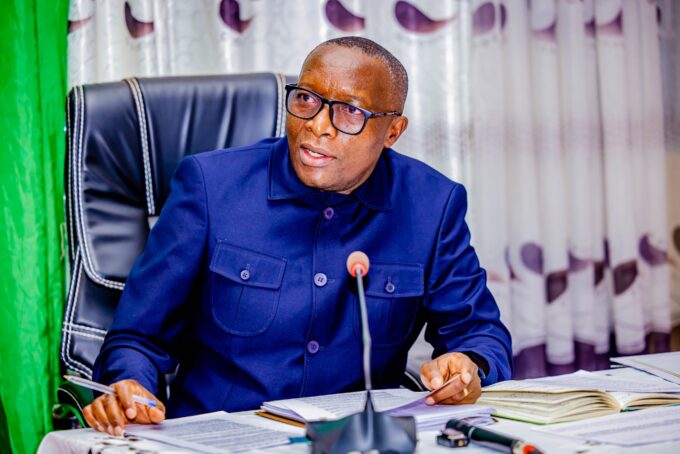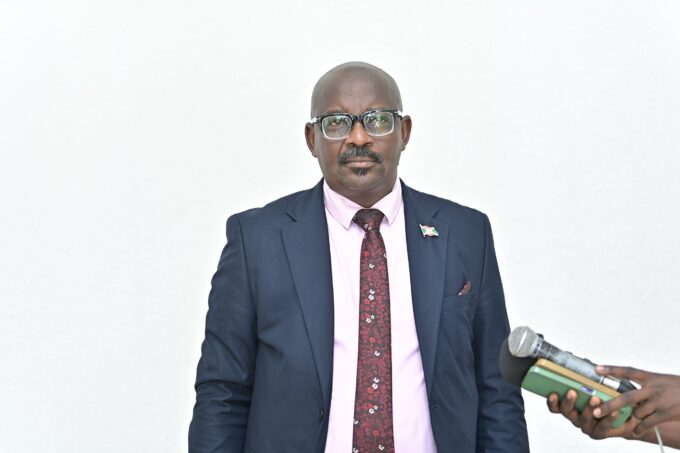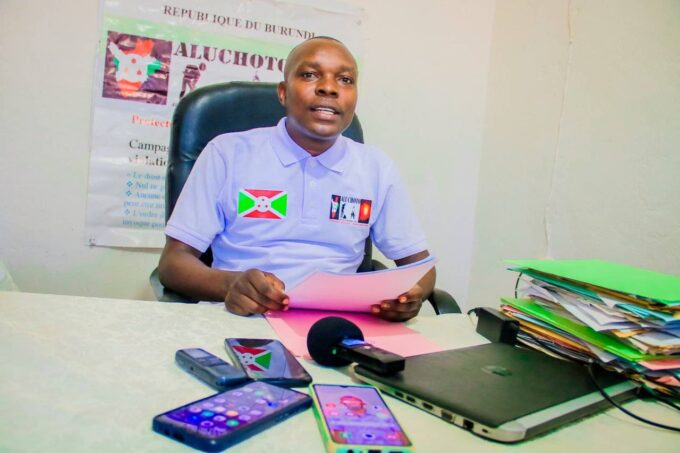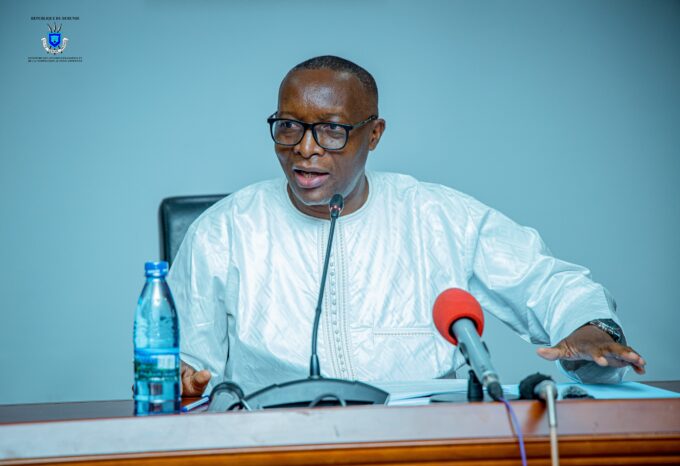The European Union (EU) has pledged €200,000 in humanitarian aid to support Congolese asylum seekers in Burundi, providing vital assistance to thousands in distress. The EU made the announcement on Monday, saying the funding aims to deliver essential aid to those affected by the ongoing crisis.
“In the face of a rapidly worsening humanitarian crisis, the European Union has allocated €200,000 in emergency humanitarian assistance to support Congolese asylum seekers arriving in Burundi. This funding is intended to provide life-saving aid to thousands of people in dire need,” the EU said in a statement.
According to the EU, escalating tensions in the eastern part of the Democratic Republic of Congo (DRC) have triggered a mass exodus, with over 65,000 individuals fleeing into Burundi—a number that continues to grow daily.
“Most of these refugees are fleeing violence in the eastern provinces of North Kivu and South Kivu. Many are living in extremely precarious conditions, including overcrowded shelters and limited access to healthcare infrastructure,” the EU added.
The influx of refugees is placing additional strain on local economies and infrastructure, further exacerbating the fragile living conditions of host communities.
The United Nations High Commissioner for Refugees (UNHCR) in Burundi reported that over 60,000 people have crossed into the country since January, fleeing the conflict in the DRC, with the majority being women and children. Prior to the current conflict, more than 90,000 refugees had already found shelter in Burundi, highlighting the urgent need for assistance for newly displaced individuals due to recent fighting.
Earlier on Tuesday, Burundian President Evariste Ndayishimiye met with the European Union’s Special Envoy for the Great Lakes region, John Borgstam, to discuss the refugee situation resulting from tensions in eastern DRC. Speaking to local media, Sébastien Ntahongendera, Deputy-Spokesperson for the Burundian president, emphasized that both parties are committed to helping the refugees. The president and Borgstam are scheduled to visit Cibitoke on Wednesday to assess the situation on the ground.
“They have another area of focus, namely assisting those affected by disasters in the country, particularly refugees. They will visit Cibitoke to evaluate the living conditions of the displaced persons and provide appropriate humanitarian assistance,” Ntahongendera said.
In February, Congolese refugees in the communes of Rugombo and Buganda, located in Cibitoke province, raised alarms over their difficult living conditions, lacking shelter, food, and sanitation. Speaking to local radio station Isanganiro, they appealed for urgent assistance, explaining that they had fled without any means of livelihood.
In response, the EU has committed to supporting the efforts of the Burundi Red Cross to provide essential aid, including emergency shelter, basic supplies, access to clean water, healthcare, and sanitation. The EU also announced plans to establish humanitarian service points at key entry points and enhance protection and support measures for vulnerable populations.
“This project, which will run for four months until the end of June 2025, is expected to provide immediate life-saving services to at least 6,000 asylum seekers and benefit a total of 20,000 displaced persons and members of host communities,” the EU said.
This funding is part of the EU’s broader contribution to the International Federation of Red Cross and Red Crescent Societies (IFRC) Disaster Relief Emergency Fund (DREF).
Since the arrival of the refugees, the Burundian government has pledged to intervene to support the displaced individuals. In January, Martin Niteretse, Minister of the Interior, Community Development, and Public Security, announced that Burundi had granted refugee status to all Congolese asylum seekers entering the country. The government has also established a special commission to oversee emergency security, shelter, food, healthcare, and humanitarian aid coordination to better manage the crisis.








Leave a comment